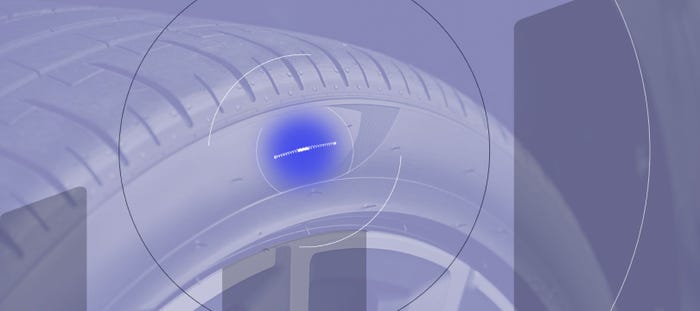Digital Twins, Generative AI, Augmented Reality, Virtual Reality Lead 2024 Tech Trends
A new report from Deloitte found technologies to streamline industrial sites are gaining popularity

Technologies such as spatial computing and digital twins, as well as augmented reality (AR) and virtual reality (VR) are reshaping industrial operations, and these industrial technologies are causing the biggest acceleration in tech uptake.
Deloitte’s Tech Trends 2024 report said digital twins and spatial simulations are “transforming industrial processes” by enhancing businesses’ efficiency and planning accuracy.
At the same time, AR and VR are seeing increased deployment to improve safety and training at operations, with the biggest impact seen in industrial settings.
The industrial metaverse was also projected to drive significant revenue growth, with estimates that it will reach nearly $100 billion by 2030.
“Accessible, high-fidelity 3D assets are paving the way to an operationalized spatial web, where a digital layer atop reality accelerates ways of working,” the report said. “Eventually, autonomous machines, advanced networking, and ever-simpler interaction modalities will converge into a ‘post-screen’ future.”
The Pros and Cons of Generative AI
While generative AI has garnered significant interest across industries, Deloitte warned businesses of over-focusing on it to the detriment of preparing for other technological advancements.
"Emerging technology is having a moment, but to reap the benefits of this revolution organizations must look beyond any one technology domain as the singular hero of the story of their future,” said Bill Briggs, Deloitte’s chief technology officer. “The convergence of generative AI with advances in the spatial web, industrial metaverse, and specialized hardware is redefining possibilities for transforming industries.
“This transformation is not just about the technology; it's about empowering engineers, fostering responsible innovation, and staying ahead of next-gen cyberthreats. These trends are not isolated islands; they are a unified force propelling us into a new era of tech-enabled growth."
The team also highlighted the beneficial potentials of generative AI when leveraged correctly, identifying it as a “growth catalyst.”
“Enterprises are quickly moving from ‘talk’ to ‘walk’ with generative AI, experimenting en masse,” the report said. “Leaders are further recognizing that generative AI, at its most strategic, is less about reducing costs and more about elevating ambitions.”
While the rise of AI technology has also changed the cybersecurity landscape, with the proliferation of deepfakes and other hacking tools, the report also said these same tools are providing novel defense possibilities for businesses.
“A raft of emerging AI, ML and even quantum-powered tools are poised to help contribute to the defense,” the report said. “Leading organizations are further responding through a mix of policies and technologies designed to more proactively identify harmful content and make employees more aware of the emergent risks.”
The Future of Investments
While investments in these emerging technologies are expected to continue increasing, the report also said they are being balanced with efforts to bolster foundational infrastructure and systems, stressing the importance of businesses’ investment in all areas of operation.
"This year's report is a reminder of two time-honored investment principles: the first is portfolio theory,” said Mike Bechtel, Deloitte’s chief futurist. “Overinvesting time, talent and treasure into any single emerging technology, no matter how alluring, begets concentration risk and opportunity cost. It's no surprise that leading organizations aren't putting all their eggs in any one basket, but rather, diversifying.
“The second principle: fundamentals … next-generation tech requires a solid foundation. Today's sustained efforts in data modernization, risk management, cloud and user experience matter more than ever as they provide the firm footing for tomorrow's ambitions."
About the Author
You May Also Like








